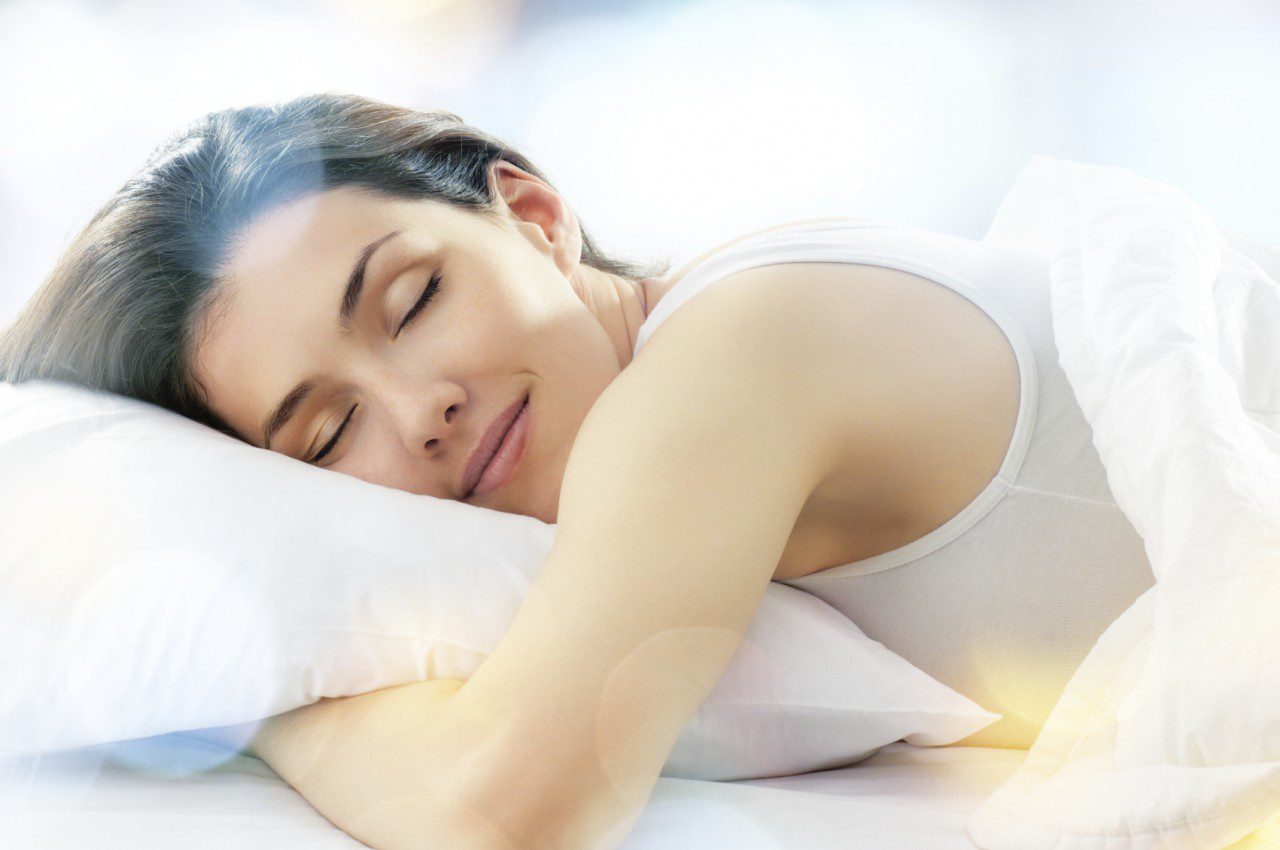Sleep is a temperamental thing. While some people have it lucky and are able to get into deep sleep at a snap of a finger, it takes a lot more work for the rest of us to get proper shut eye. With all that said, if we were to be given extra sleep at any given time, we’d seize it with no questions asked.
The problem? Sleep isn’t always pleasant and occasionally, you’d wake up feeling more disoriented and lethargic than before. You’re not alone, but you’re also probably getting way too much sleep you don’t actually need and that could impact your health in a negative light.
According to a general consensus by the American National Sleep Foundation, the average adult should be getting about 7 to 9 hours of sleep every night. Anything more than that will begin to reverse the benefits sufficient sleep offers in the first place. Here are some of the impacts:

Physical health issues – Getting too much sleep affects your lifestyle and makes you more prone to certain physical health issues including inflammation and pain, as well as a higher risk of contracting diabetes, obesity, hypertension, heart disease and stroke. The result is a 20 to 30% higher mortality risk.
Mental health issues – Should you be a sufferer from mental health issues, you may want to be extra careful with sleep as it is independently linked to the persistence of depression and anxiety. Oversleeping causes phycological distress, unease and deeply influences mood as well as overall productivity.
Memory – Oversleeping has a direct effect on cognitive functioning, which means it can be harmful to your memory. Research has proven that oversleepers may be more memory deficit than those with not enough sleep and that is very alarming indeed.

The verdict? It all boils down to discipline and self-control. If you have issues determining how much sleep you actually need, it’s best to consult with a doctor who can then let you know based on your lifestyle. It varies from person to person, according to factors such as stress levels, work schedules and more.
Alternatively, learn to take power naps and make sure you stick to your alarms. Of course it goes without saying that you should also learn to forgo your smartphone and other electronic devices before bedtime!
[Source]










